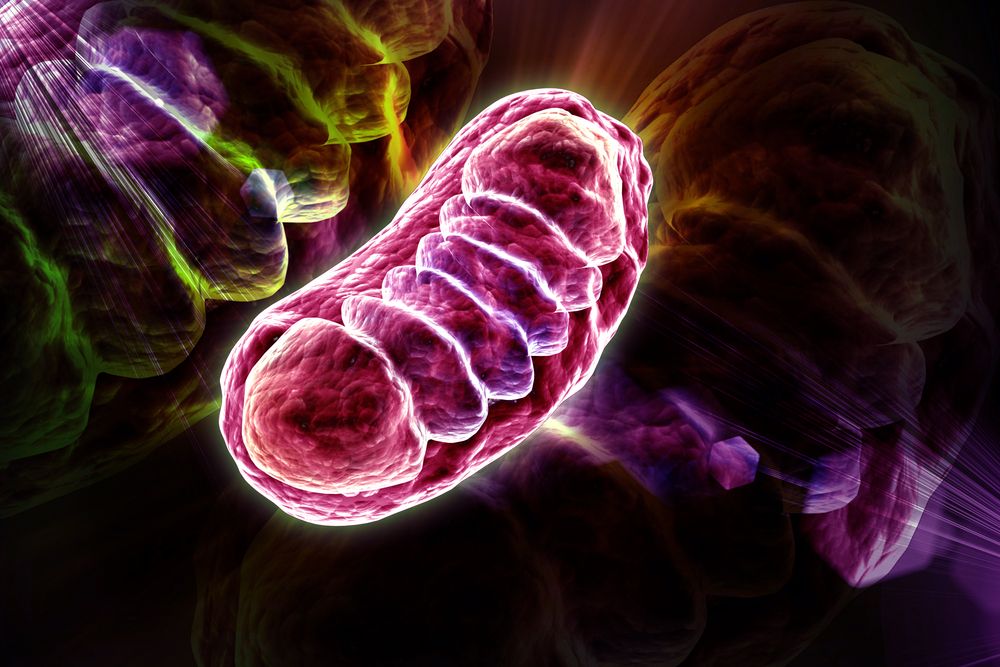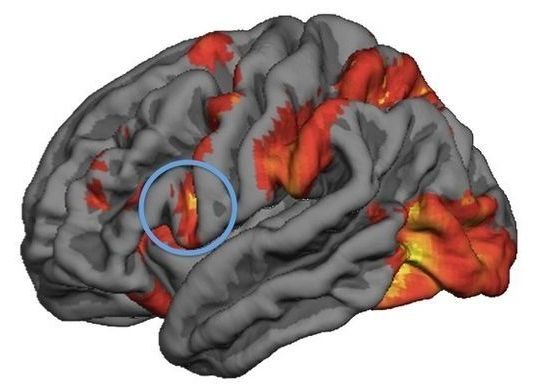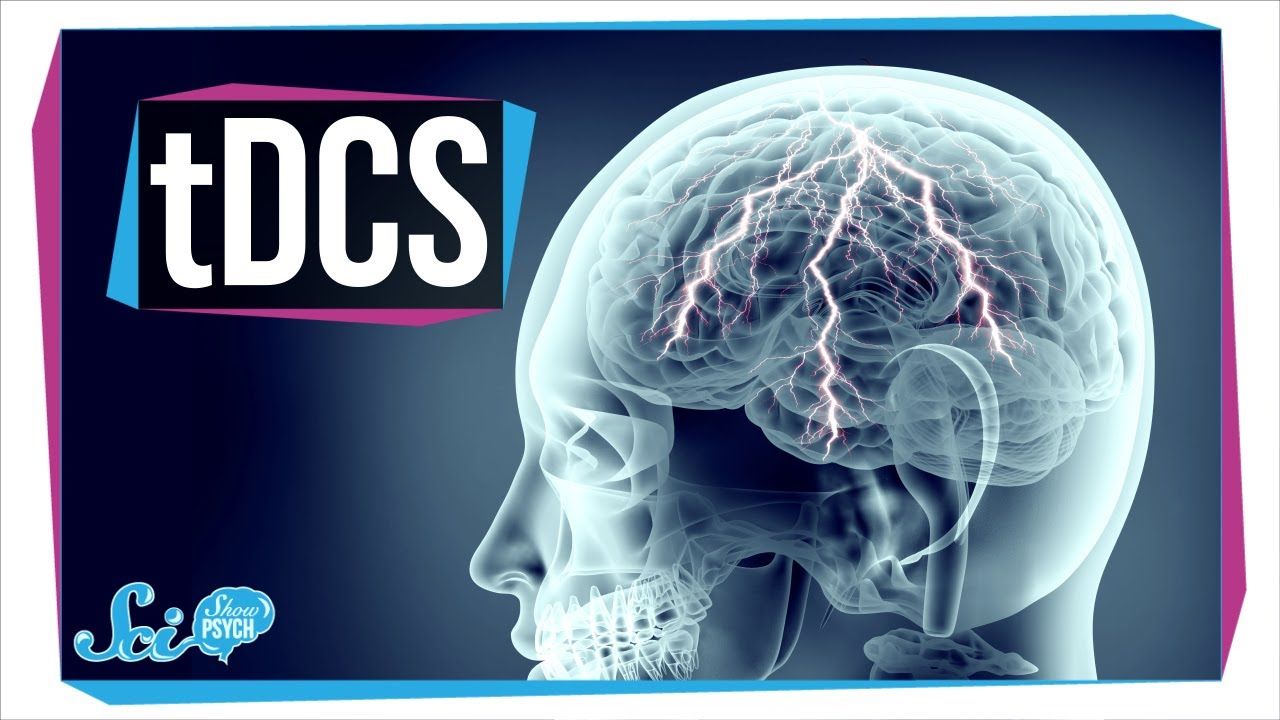Archive for the ‘neuroscience’ category: Page 871
Jan 10, 2018
Alzheimers Drug Turns Back the Clock in Mitochondria
Posted by Steve Hill in categories: biotech/medical, life extension, neuroscience
J147 is an experimental drug that has been shown to treat Alzheimer’s disease, and it also appears to reverse some aspects of aging. It is also poised to enter human clinical trials in the near future, although how it works has been somewhat of a puzzle.
A new study published in the journal Aging Cell has changed all that, and the results are quite intriguing[1]. Researchers at the Salk Institute have solved the mystery of how J147 works and why it makes old flies, mice, and cells more youthful.
Jan 10, 2018
Bill Gates: What Gives Me Hope About the World’s Future
Posted by Derick Lee in categories: computing, neuroscience
What are some of the things you don’t think machines are ever going to be able to do? Computers are still very weak when it comes to understanding. They can’t process a textbook and use the knowledge the way humans do. But that’s being worked on. There’s no real problem- solving limit to what can be done. Understanding what does it mean in terms of consciousness or anything like that, I know that the software won’t be in that realm at all. But it will be an incredible problem solver.
Microsoft founder Bill Gates spoke with TIME’s Nancy Gibbs about looking forward and what makes him optimistic about the future.
Jan 10, 2018
Scientists Just Changed Our Understanding of How Anaesthesia Messes With The Brain
Posted by Shailesh Prasad in categories: biotech/medical, neuroscience
It’s crazy to think that we still don’t quite understand the mechanism behind one of the most common medical interventions — general anaesthetic.
But researchers in Australia just got a step closer by discovering that one of the most commonly used anaesthetic drugs doesn’t just put us to sleep; it also disrupts communication between brain cells.
The team investigated the drug propofol, a super-popular option for surgeries worldwide. A potent sedative, the drug is thought to put us to sleep through its effect on the GABA neurotransmitter system, the main regulator of our sleep-and-wake cycles in the brain.
Jan 9, 2018
Intel wants to move beyond today’s architecture, with brain-inspired and quantum chips
Posted by Klaus Baldauf in categories: computing, neuroscience, quantum physics
Intelligent Machines
Intel’s new chips are more brain-like than ever.
The troubled chipmaker is looking to the future of computing.
Jan 7, 2018
Mirror neuron activity predicts people’s decision-making in moral dilemmas, study finds
Posted by Shailesh Prasad in categories: ethics, neuroscience
It is wartime. You and your fellow refugees are hiding from enemy soldiers, when a baby begins to cry. You cover her mouth to block the sound. If you remove your hand, her crying will draw the attention of the soldiers, who will kill everyone. If you smother the child, you’ll save yourself and the others.
If you were in that situation, which was dramatized in the final episode of the ’70s and ’80s TV series “M.A.S.H.,” what would you do?
The results of a new UCLA study suggest that scientists could make a good guess based on how the brain responds when people watch someone else experience pain. The study found that those responses predict whether people will be inclined to avoid causing harm to others when facing moral dilemmas.
Jan 6, 2018
Brain Acceleration Technique Proven to Enhance Learning, Improve Memory
Posted by Shailesh Prasad in category: neuroscience
Jan 6, 2018
A nonaddictive opioid painkiller with no side effects
Posted by Shailesh Prasad in categories: biotech/medical, neuroscience
What if scientists could develop an opioid-based painkiller that is not addictive and has limited side effects?
That is possible based on new findings by an international team of scientists that included contributions from top researchers at the USC Michelson Center for Convergent Bioscience.
The international team captured the crystal structure of the kappa opioid receptor—critical for providing pain relief—in action on the surface of human brain cells. The researchers also made another important discovery: a new opioid-based compound that, unlike current opioids, activates only the kappa opioid receptor, raising hopes that they may develop a painkiller that has no risk of addiction and, therefore, none of the devastating consequences and side effects that accompany it.
Continue reading “A nonaddictive opioid painkiller with no side effects” »
Jan 4, 2018
9 Things Everybody Ought To Know About Fish Oils
Posted by Brady Hartman in categories: biotech/medical, health, neuroscience
A look back at the most popular health articles of 2017. Here is the report: “9 Things Everybody Ought To Know About Fish Oils”
In brief: Do fish oil supplements containing omega-3 fatty acids significantly improve heart health, brain health and a host of other conditions? Here’s what the science says.
Fish oil is the third most widely used supplement in the U.S. According to a study published in 2015 by the National Institutes of Health (NIH), nearly one in twelve Americans used fish oils in 2012.
Continue reading “9 Things Everybody Ought To Know About Fish Oils” »

















